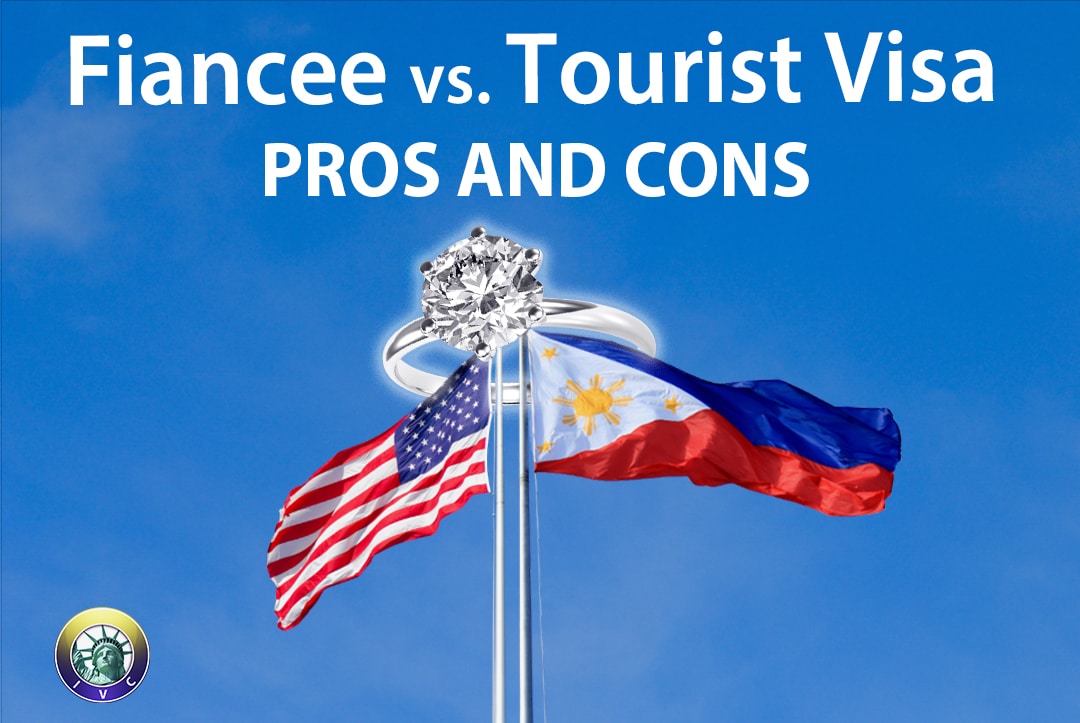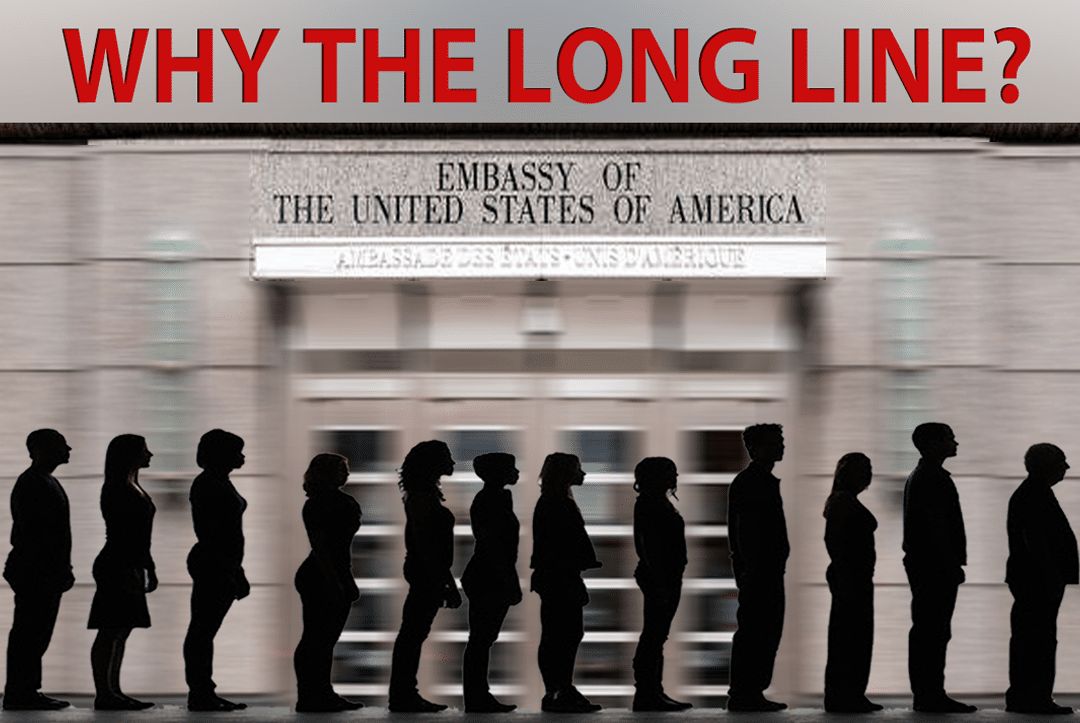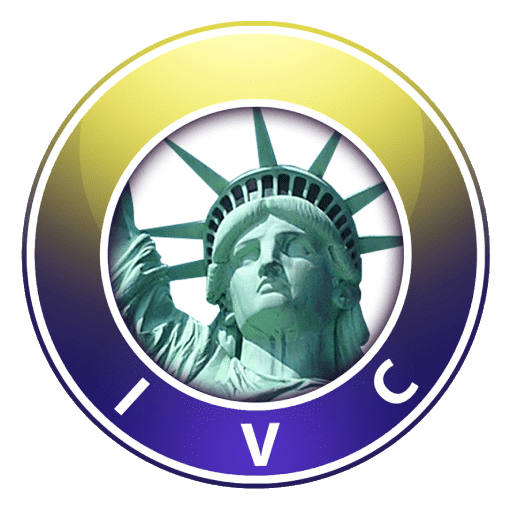
Under US immigration law, the US Immigration and Citizenship Services (or USCIS) will cancel a family-based petition in case of a sponsor’s death. At the same time, the USCIS may also allow the petition to continue by approving a request for humanitarian reinstatement.
Revalidating a petition.
The US immigration law calls the sponsoring relative in a family-based petition, the petitioner. US immigration law defines the applicant, whose name is on the approved petition, as the principal beneficiary.
When the petitioner passes away before the principal beneficiary has obtained his “green card,” the USCIS automatically revokes the petition.
Check the category of your petition and get other important information by reading our Primer on Immigrant Visa Categories.
Luckily for the surviving principal beneficiary and qualified dependents, there are certain circumstances where the petition can be revalidated. If the US Citizenship and Immigration Services (or USCIS) approves the revalidation, the USCIS will process the petition further.
There is a provision in US immigration law, that is the basis for revalidating a petition. An applicant must meet strict conditions though before he can file a reinstatement request for humanitarian reasons or humanitarian reinstatement.
When the USCIS approves the humanitarian reinstatement, the principal beneficiary (and his derivative beneficiaries) may complete the process to obtain lawful permanent resident status.
Basic Eligibility for Humanitarian Reinstatement
The USCIS will determine if you are eligible to file the request for humanitarian reinstatement if you meet the criteria listed below. We recommend you check these first before going forward with your plans for reinstatement.
- First, the USCIS must have approved the petition before the petitioner passed away.
- Second, there must be a Substitute Sponsor who is at least 18 years old. The substitute sponsor must provide the following:
- Proof of immigration status as a U.S. citizen or lawful permanent residency
- An Affidavit of Support
- Evidence of family relationship with the principal applicant
- Sufficient annual income to support the principal applicant and his eligible derivative beneficiaries.
- The principal applicant must show that he or she has eligible family members in the U.S.
Even if your petition is reinstated based on humanitarian grounds, there are other reasons why your US immigrant visa application may be disapproved.
The approval of a humanitarian reinstatement request is discretionary on the part of the USCIS. A reviewing officer exercises discretion and weighs positive factors against negative ones to decide. We, therefore, advise applicants to meet the basic requirements for humanitarian reinstatement so that the “pros” in granting the request outweighs the “cons.”
What happens after filing your request.
There are only two possible outcomes. And, in both cases, USCIS will inform you of their decision.
If the conditions you stated in your request are favorable, USCIS will grant you humanitarian reinstatement. The agency will forward its decision to the Department of State if you live outside the U.S. However, if you are applying for adjustment of status in the U.S., USCIS will forward its decision to the officer managing your application.
In either situation, your immigrant visa application will proceed in the normal fashion. You will therefore have to comply with other requirements that the Department of State may ask from you.
The second outcome is that USCIS will deny your request for humanitarian reinstatement. If it does, you cannot appeal the decision of USCIS. You may have to explore other means of immigrating to the U.S.









